Driving Towards the End: An East Asian Perspective
Programmed by: Tony Zhong
The life of a flower is short; only bitter things are long. - Hayashi Fumiko
In certain peculiar, inexplicable states of mind, one might be compelled to suddenly feel that life is, represented in its most abstract and general form, a “drive toward the end.” That there is an end for everyone is no surprise; the question is how one arrives there. In life, we are often trained to not dwell on those thoughts, but cinema has its own way of catching us off guard, confronting us with experiences as harrowing as existential crises and suicide or as awe-strikingly sublime as a moral, religious, or romantic conviction. Most of the stories I’ve chosen for this series end on a tragic note, but the way they unravel evokes a more nuanced, at times self-contradictory spectrum of emotions — sometimes sweet, sometimes bitter, sometimes steeped in despair, and sometimes gasping for a breath of light that, however faint, fills a soul beyond measure. Beauty and tragedy often come in pairs. One of the distinctive contributions of East Asian cinema may be its rare sensibility toward the side of beauty — a stubbornly tender kind of poetry that is perhaps the only possible way to stand face-to-face with the abyss of the other side.
Co-sponsored by the Center For East Asian Studies at UChicago. This film series is supported in part by grant funding from the U.S. Department of Education’s Title VI National Resource Centers program. Event content does not necessarily represent the policy of the U.S. Department of Education, and one should not assume endorsement by the Federal Government.
An Elephant Sitting Still (2018)
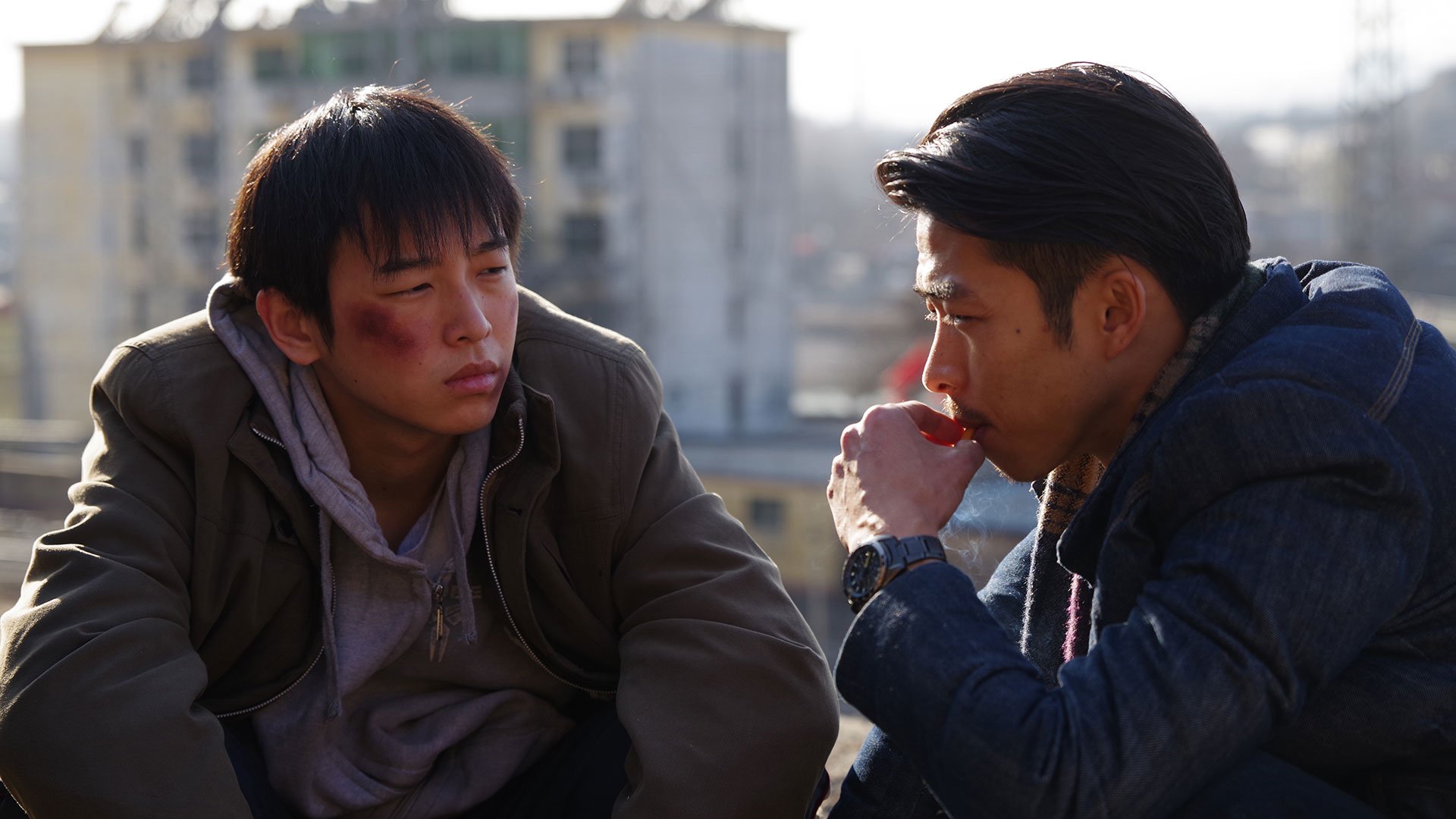
Hu Bo · 230m · DCP
An immensely important film of the past decade, An Elephant Sitting Still is about four young people who plan to travel to northernmost China to see an elephant. It is also about their attempt to escape from the world of angst and disillusionment in which they live and breathe, in which everything is an indistinguishable mesh of gray. Or perhaps what they really want to escape from is the eye that sees everything everywhere as gray.
Friday, March 28 7pm
The Ballad of Narayama (1983)
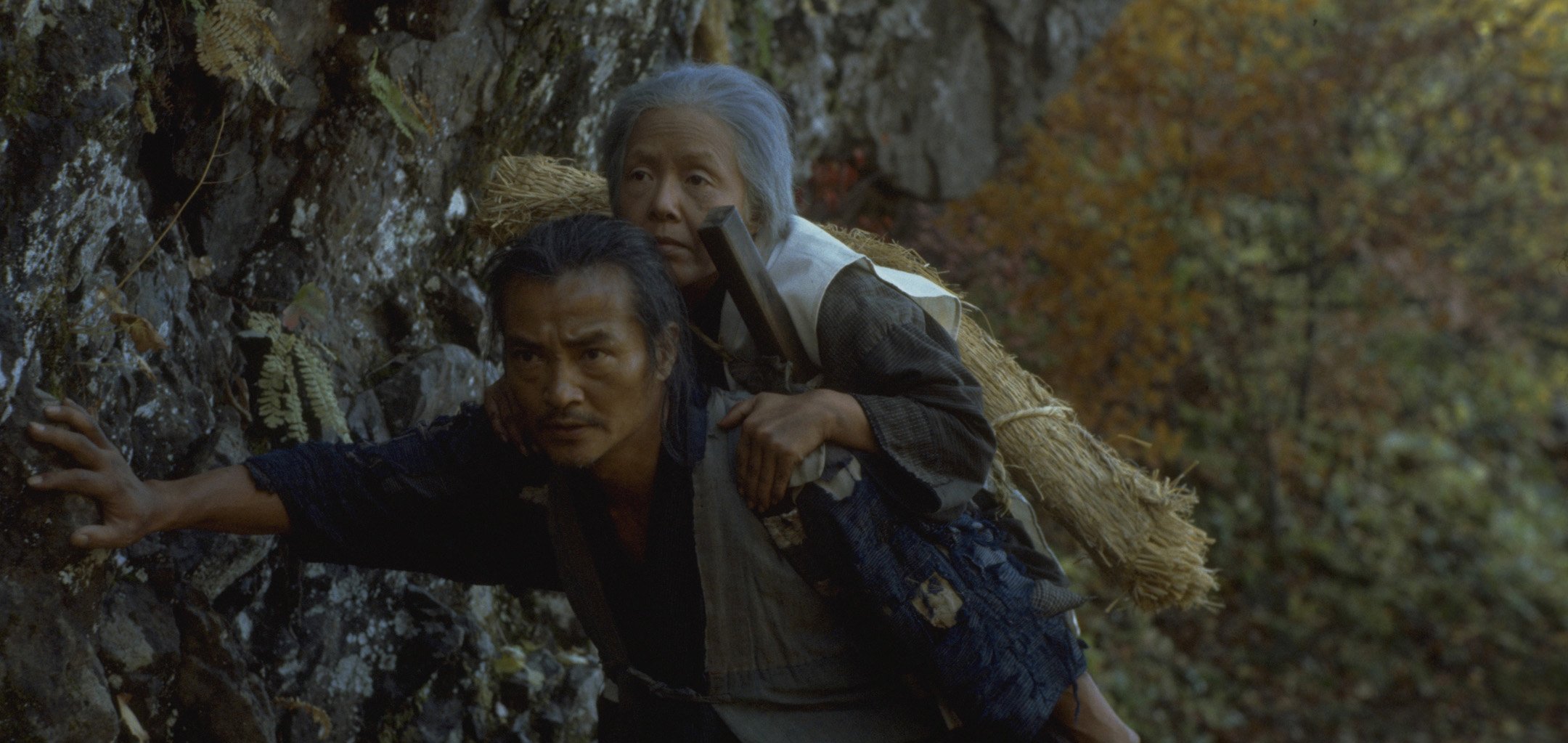
Shōhei Imamura · 130m · DCP
A story about the mythical practice of Ubasute — where elderly people are carried to the mountain and left to die —, Palme d’Or-winner The Ballad of Narayama is also a vivid and realistic portrayal of the desolate conditions that lead to it. The film is poetic, awe-striking, and at times touching: there is humanity in the process of Ubasute, as well as a primal force that transcends the human species and their conditions of life and death.
Friday, April 4 7pm
All About Lily Chou-Chou (2001)
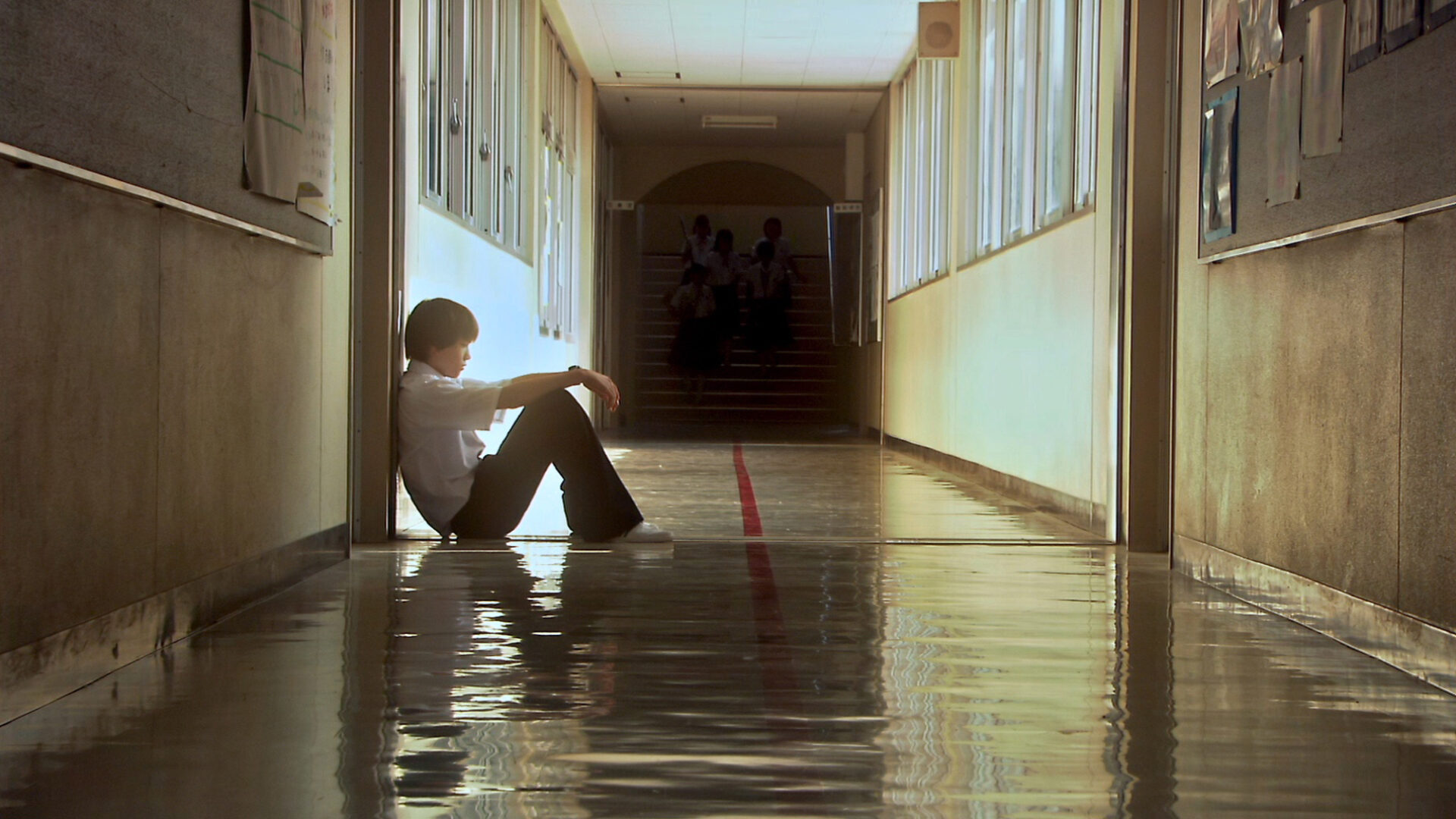
Shunji Iwai · 146m · DCP
Little is known about the recording artist Lily Chou-Chou in All About Lily Chou-Chou. Yet we see how she comes to be the icon savior of a group of 14-year-olds as they are, one by one, thrown into the cruelty of adolescence. The film’s beautiful, immediately recognizable images (shot on a Sony digital video camera) offer a brief moment of solace for the viewer as the students turn to Ether, Debussy, and internet fandom culture for their own solace.
Friday, April 11 7pm
Made in Hong Kong (1997)
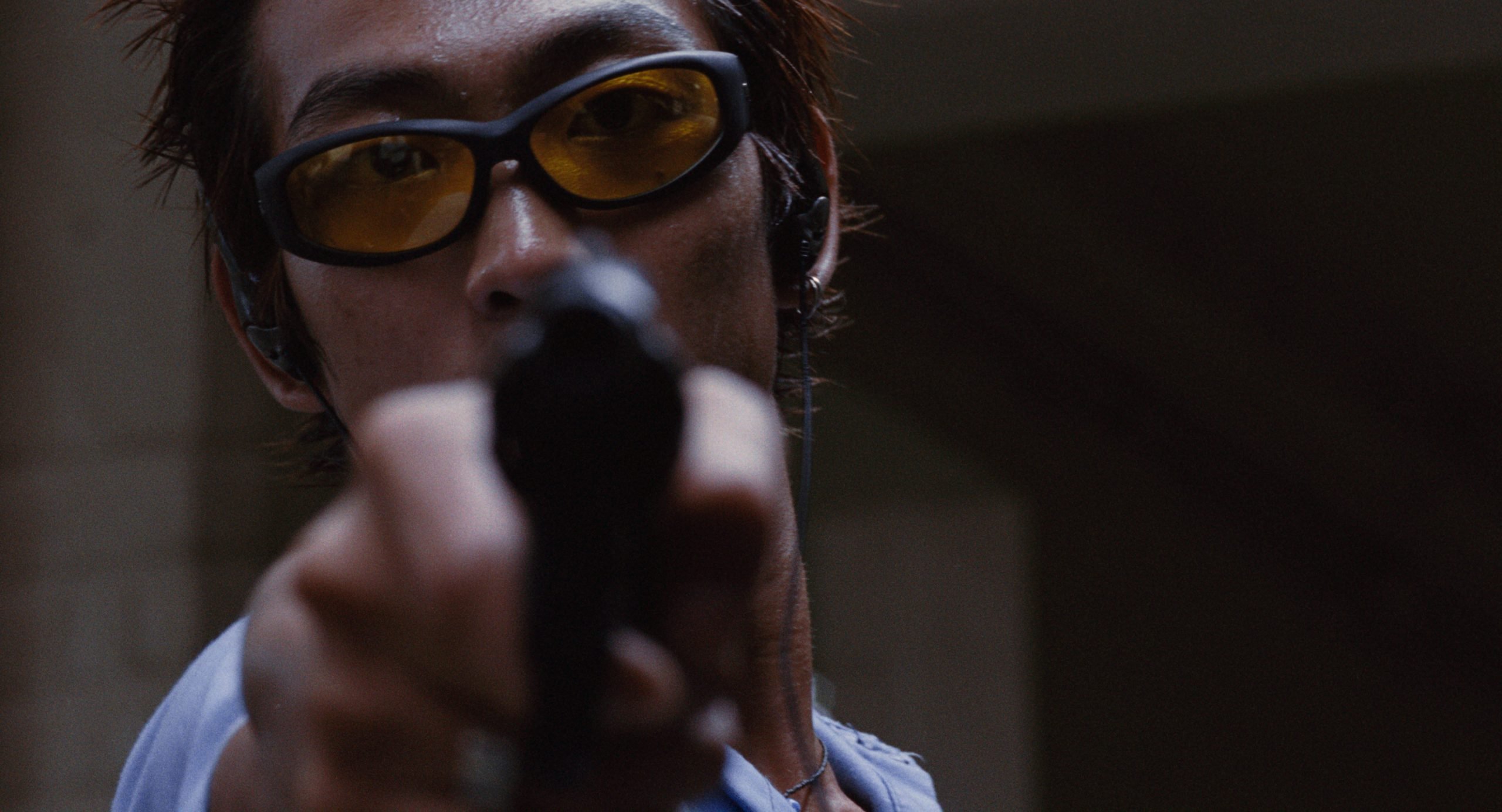
Fruit Chan · 109m · 35mm
Shot on an assemblage of expired or leftover film reels with a hyper-minimal budget, Made in Hong Kong is the independent film par excellence. The film tracks the lives of several outcast Hong Kong teenagers as they veer into crime, disease, and paths of no return with only each other as companions. Some major changes are about to happen to their lives and to the city as a whole.
Friday, April 18 7pm
Hana-Bi (1997)
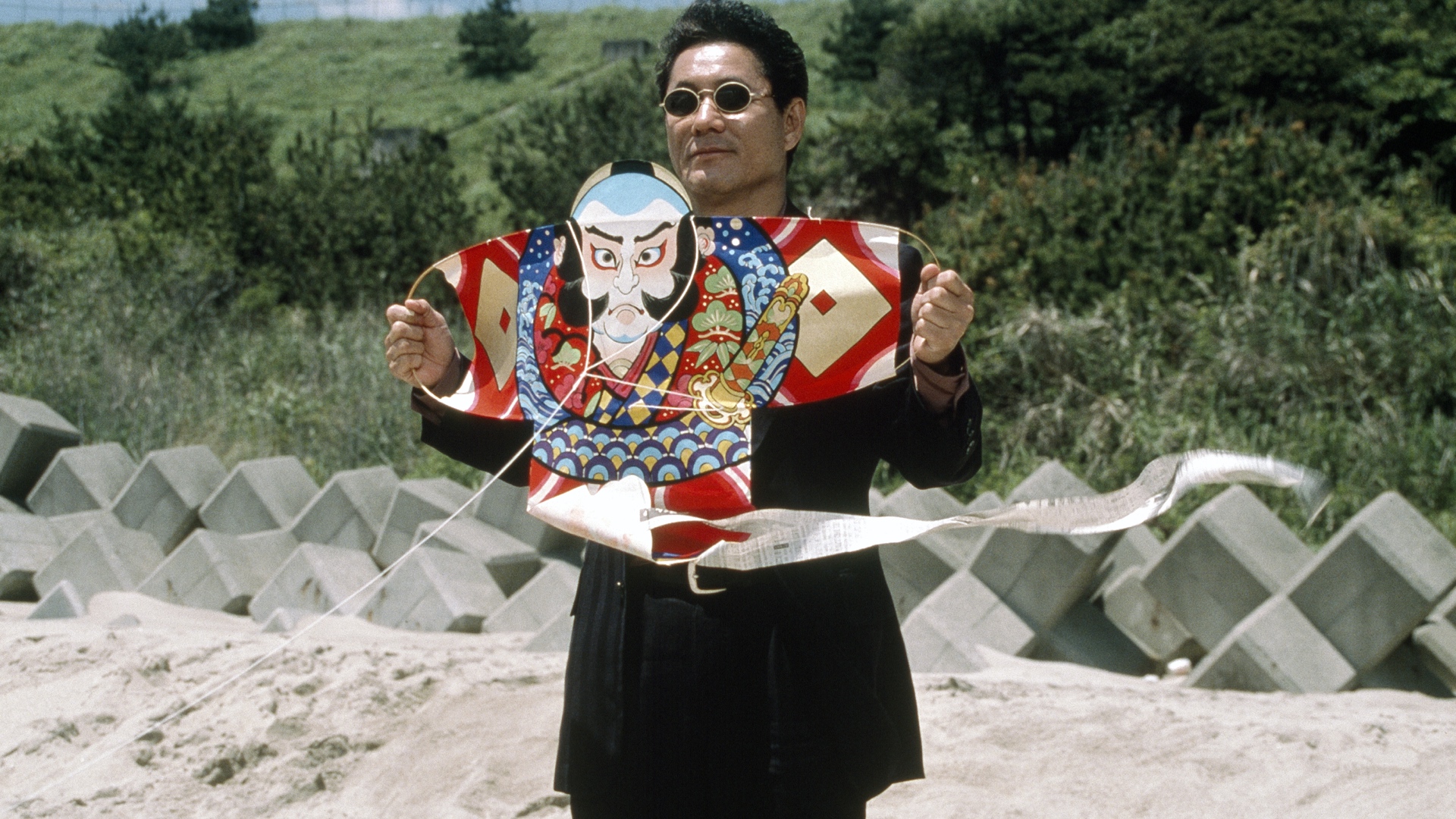
Takeshi Kitano · 103m · 35mm
When the mafia pulls an (empty) trigger at his face, ex-detective Nishi (Takeshi Kitano) doesn’t move an inch — for he was about to do the same. A subtle blend of violence and tenderness, action and poetry, the eternity of trauma and the equal eternity of a single moment of happiness, this Golden Lion winner turns a gangster film into a profoundly touching story of love, companionship, and salvation.
35mm print from the Chicago Film Society collection at the University of Chicago Film Studies Center.
Friday, April 25 7pm
The Terrorizers (1986)
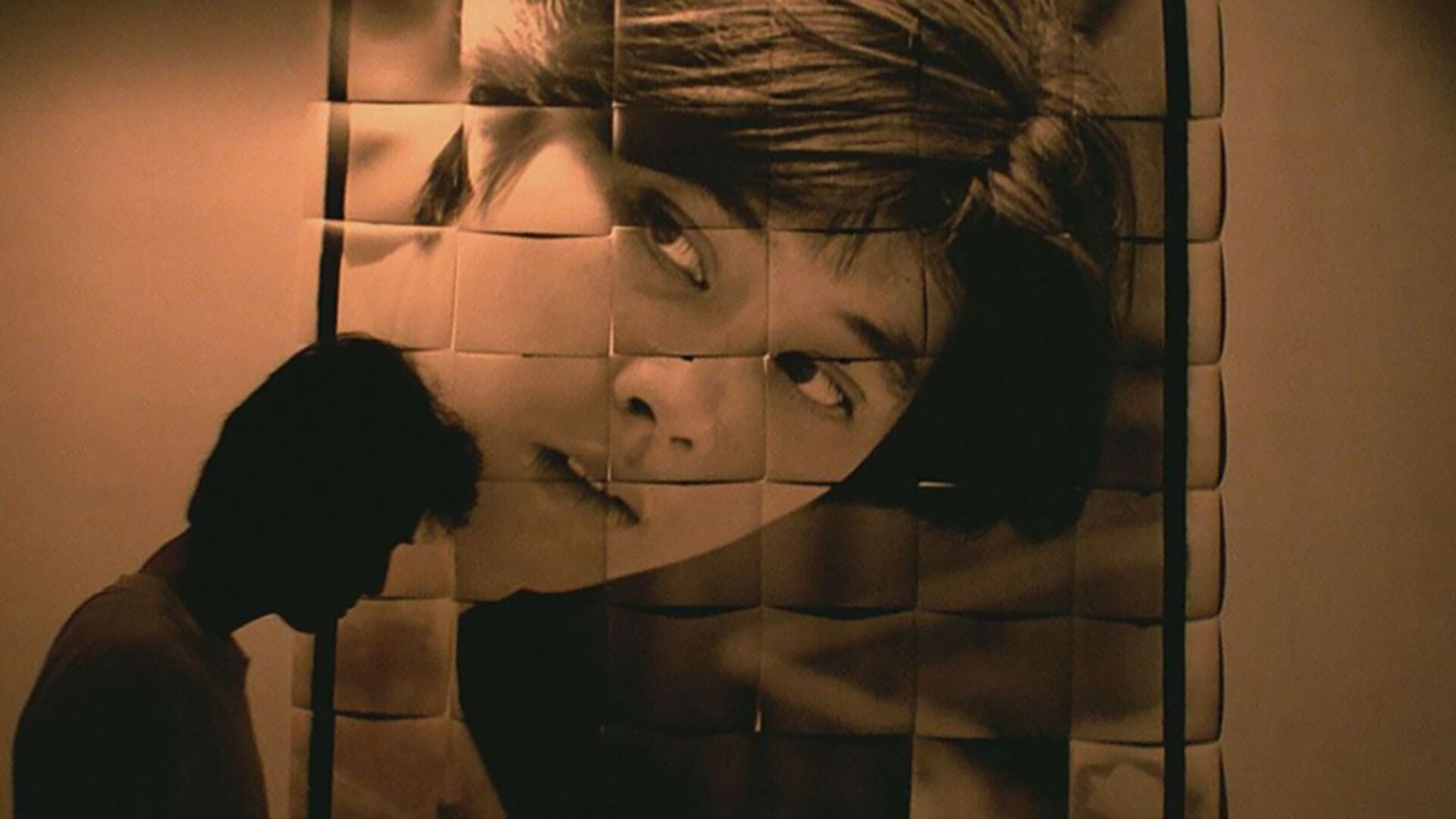
Edward Yang · 109m · 35mm
Some people are just irreconcilably incompatible, some experiences are just irreproachably unbearable. Set in the rapidly transforming Taipei City, The Terrorizers tells the stories of several couples whose lives unexpectedly interweave through accidents, pranks, and a bit of over-curiosity. One of the least-seen films in Edward Yang’s oeuvre, this is nevertheless one of his greatest works and one of the most important films of Taiwanese cinema.
Print courtesy of the Institute of Contemporary Art (ICA).
Friday, May 2 7pm · Saturday, May 3 9:30pm
The Story of the Last Chrysanthemum (1939)
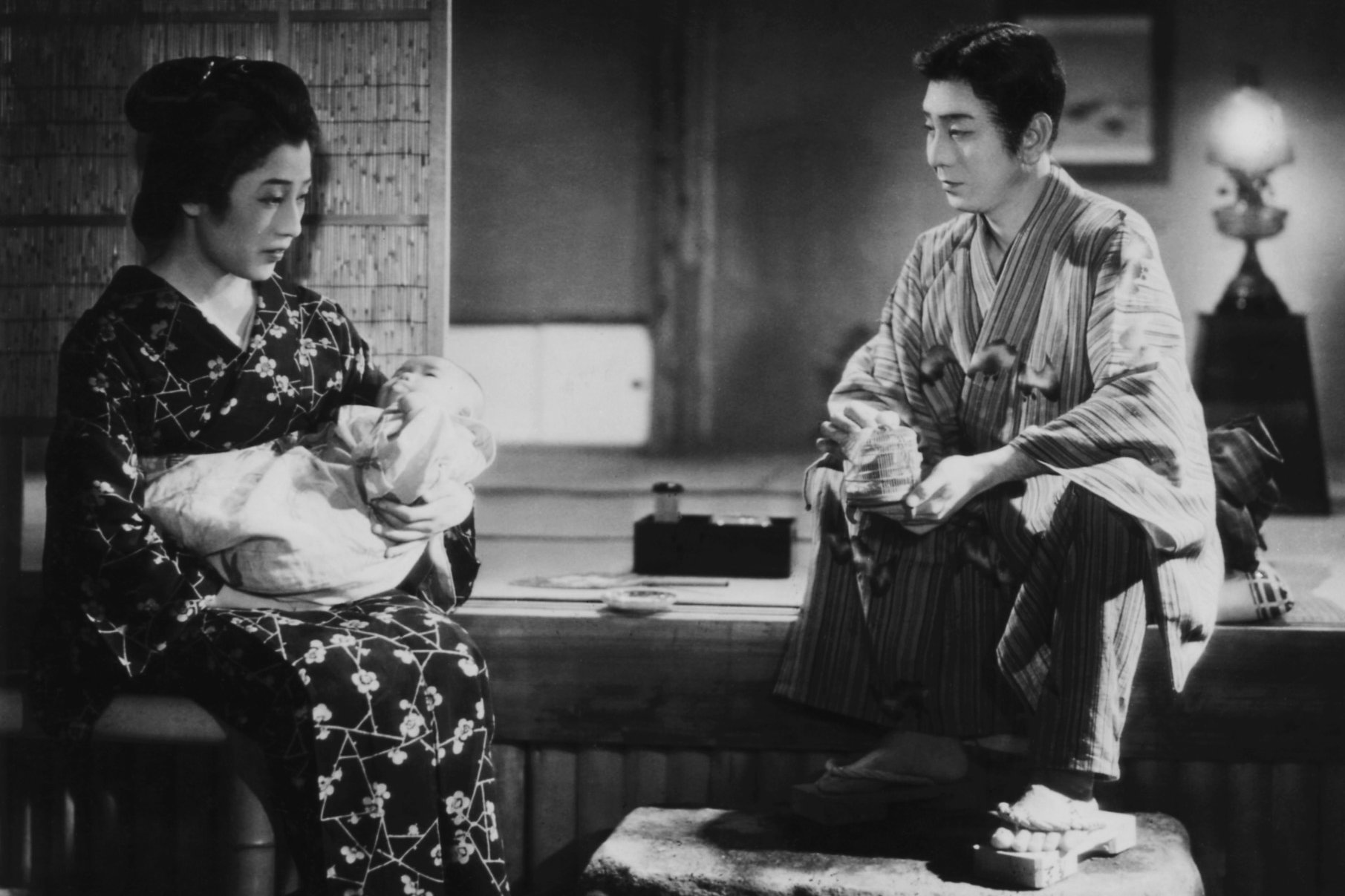
Kenji Mizoguchi · 143m · DCP
A heartbreaking tale (and critique) of love and sacrifice, The Story of the Last Chrysanthemum follows the rise and fall of kabuki actor Kiku (Shōtarō Hanayagi) as he is accompanied by his mistress Otoku (Kakuko Mori), a woman who softly, quietly, and most stubbornly burns the entirety of herself for him. This is an incontrovertible masterpiece by Mizoguchi and one of the greatest Japanese films ever made.
Friday, May 9 7pm
Tokyo Twilight (1957)
.png)
Yasujirō Ozu · 140m · DCP
Often regarded as Ozu’s bleakest work, Tokyo Twilight ventures into a theme that, indeed, never reappears in his repertoire—that it might be better not to be born than to be born. Ozu maintains his signature visual composition and focus on familial dynamics, but inverts the story in a direction that honestly (i.e., mercilessly) reveals the kinds of wounds a broken family and an irresponsible relationship can inflict on a fragile soul. Arima Ineko, who was cast at the last minute as a substitute, delivers a performance that permanently seals her name in the history of cinema.
Friday, May 16 7:00pm
CANCELED: Cruel Story of Youth (1960)
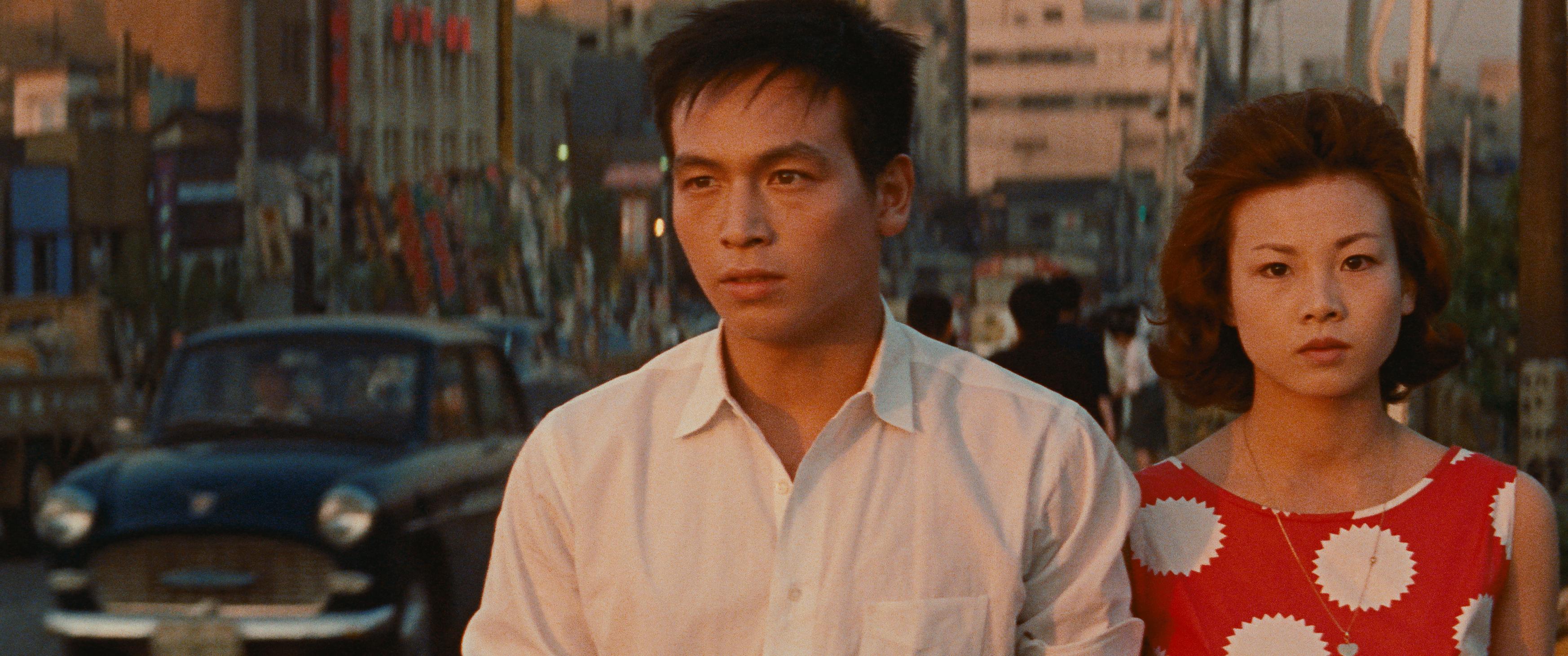
Nagisa Ōshima · 96m · DCP
This is the kind of film that speaks “new wave” from the first minute, having also been released in the same year as Godard’s Breathless. The film’s troubled love story, which begins with a routine of hitchhiking, is intertwined with an outspoken commentary on gender dynamics and the postwar social condition. The film is raw, dramatic, and filled with angst — for Ōshima, it was the reality of his generation of youth.
Friday, May 16 7pm
Poetry (2010)
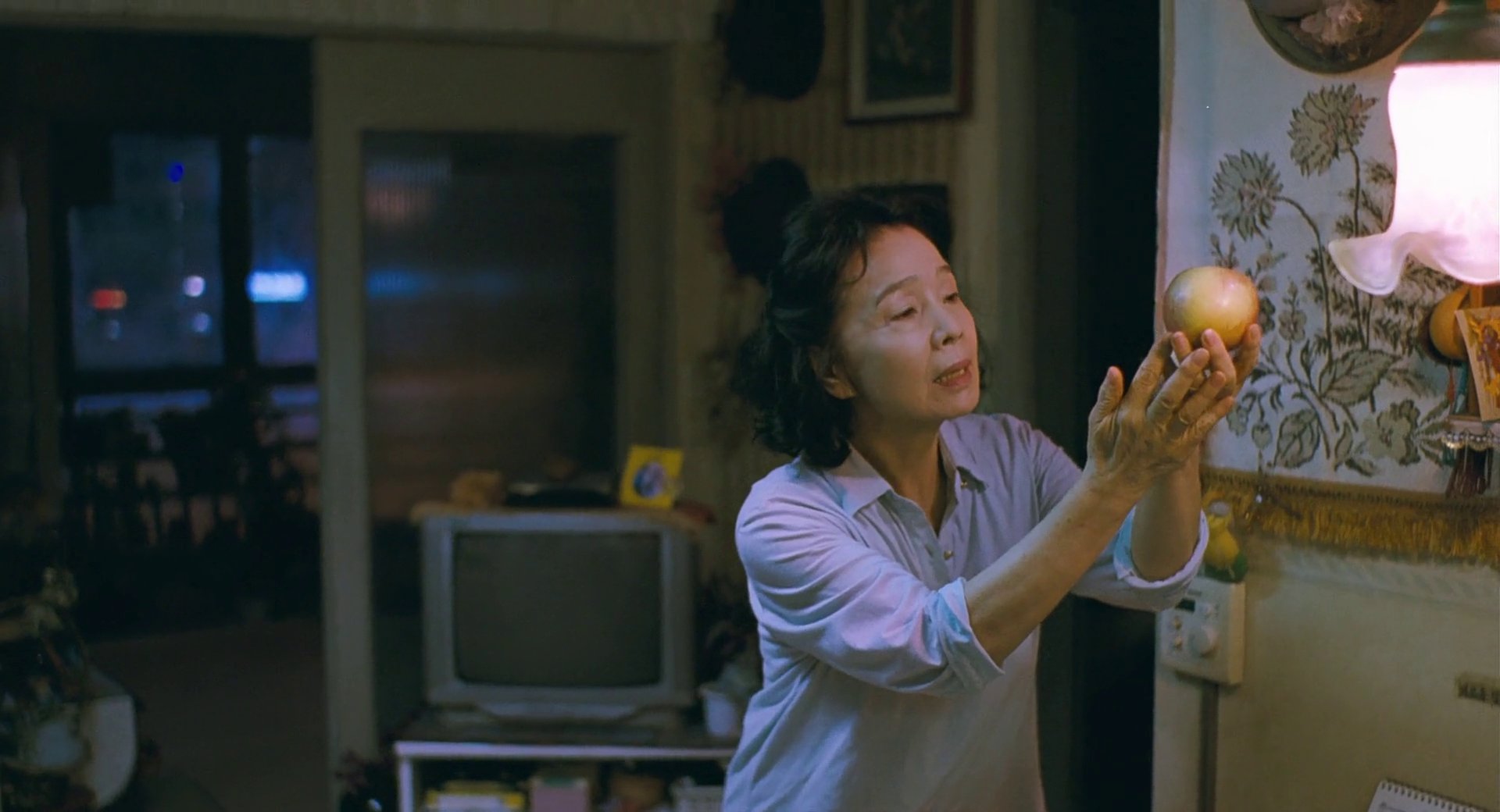
Lee Chang-dong · 139m · DCP
What should a woman diagnosed with Alzheimer’s and living on an inadequate government pension do when she discovers the most horrendous truth about her dearest? One way to cope is through composing poetry — where poetry can consist of a word, a song, a moment of rain washing tears onto the notebook surface, or the beautiful blossoming of a withering life toward its cathartic finale.






